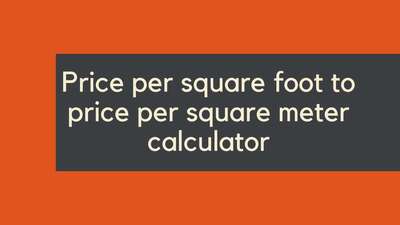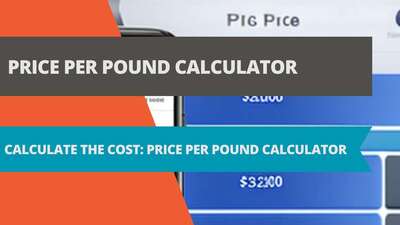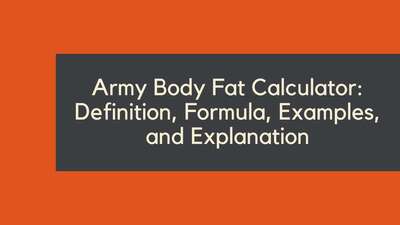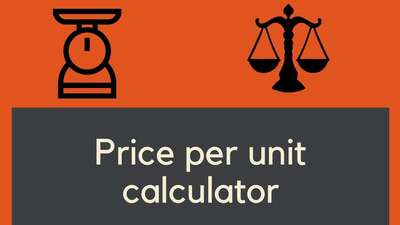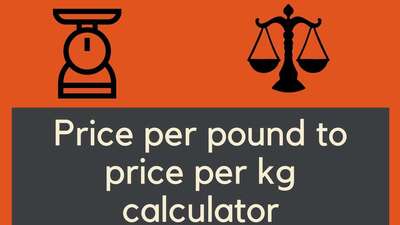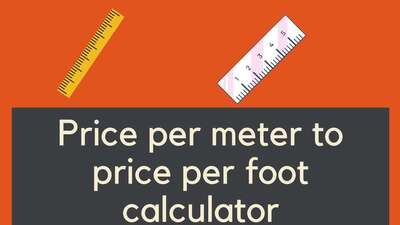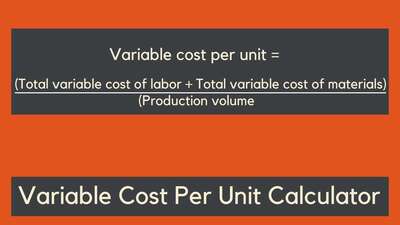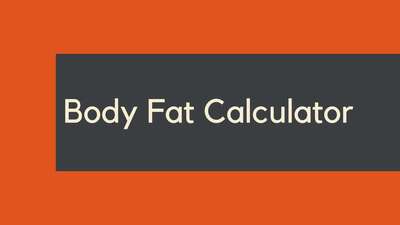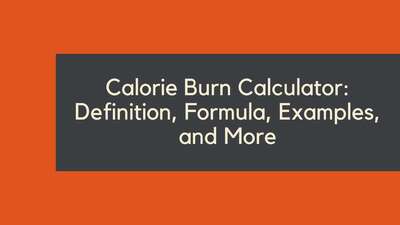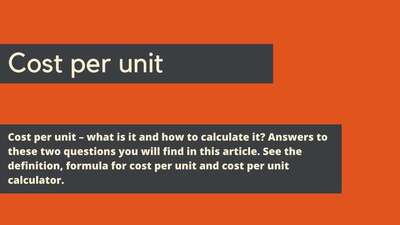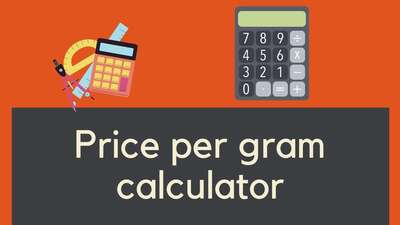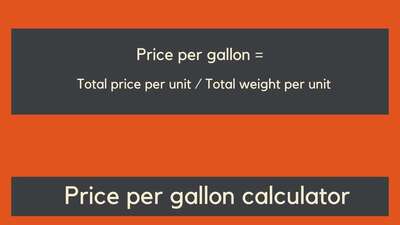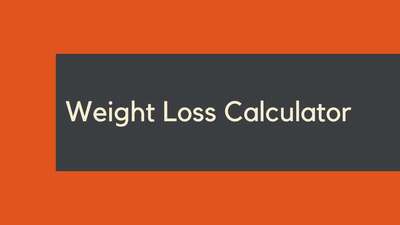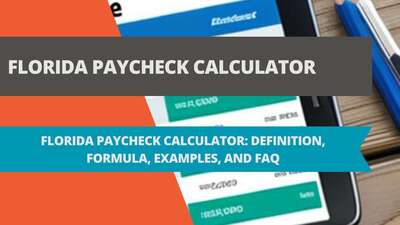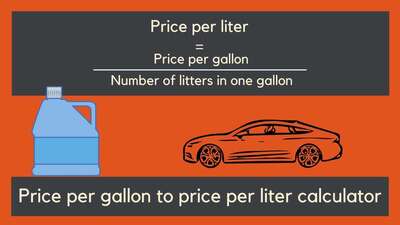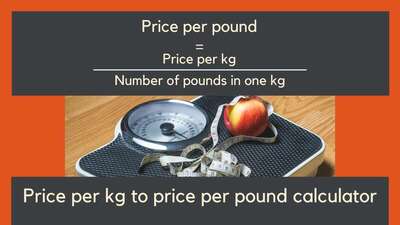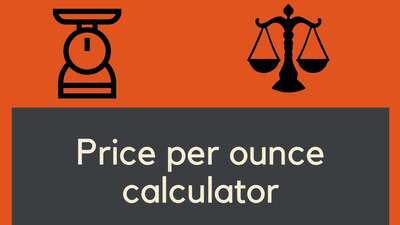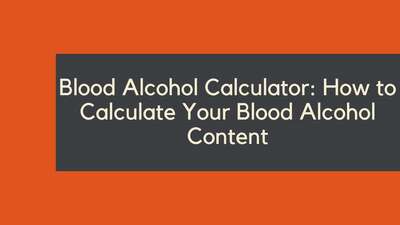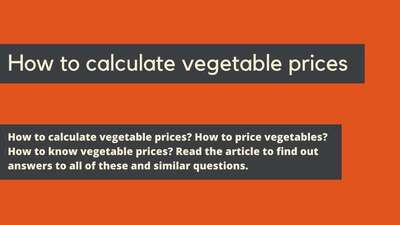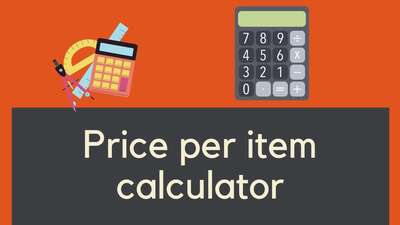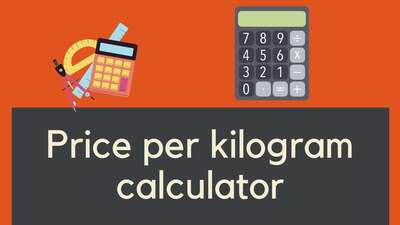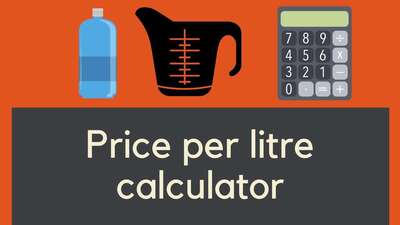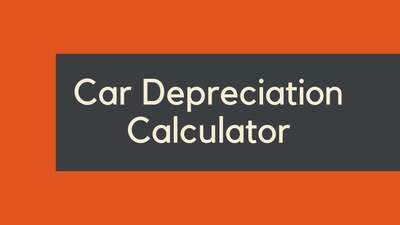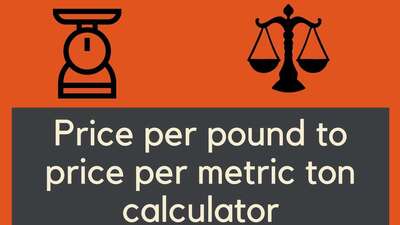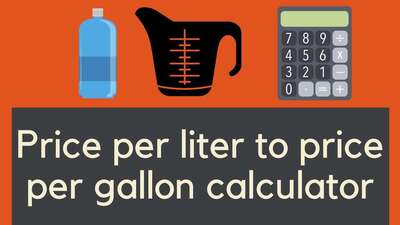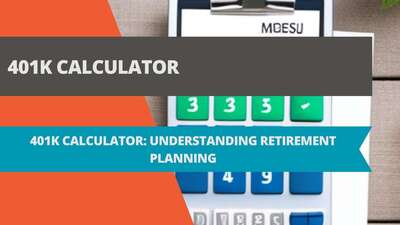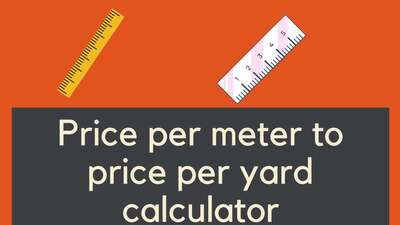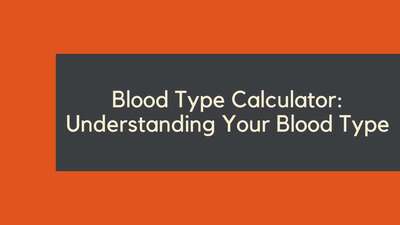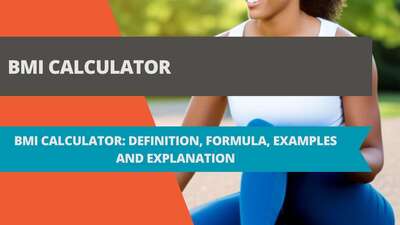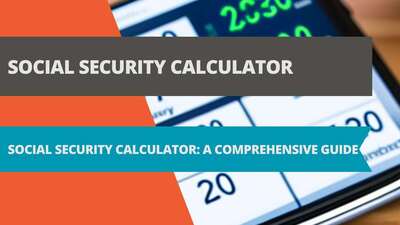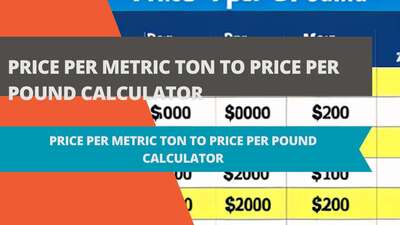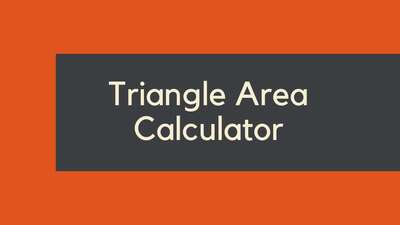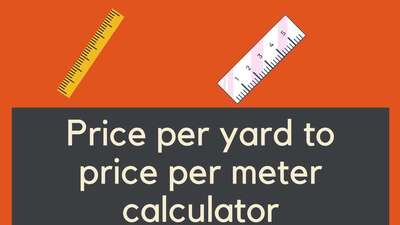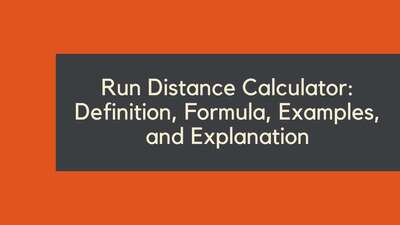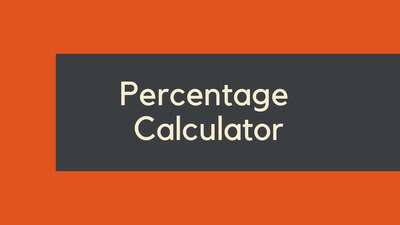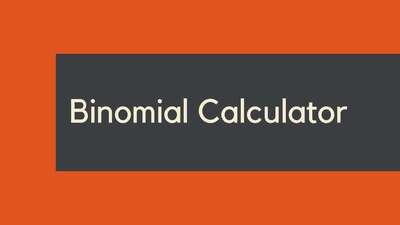Calorie Calculator Definition: What it is and How it Works

- Definition of a Calorie Calculator
- The Formula for Calculating Daily Caloric Needs
- Examples of Using a Calorie Calculator
- Example 1: Weight Loss
- Example 2: Weight Gain
- Explanation of How a Calorie Calculator Works
- Calculating Basal Metabolic Rate
- Incorporating Physical Activity Level
- Personalized Calorie Estimates
- Tailoring Calorie Intake for Different Fitness Goals
- Endurance Training
- Strength Training
- Flexibility and Balance
- The Role of Macronutrient Distribution in Caloric Intake
- Carbohydrates
- Proteins
- Fats
- Calorie Intake Adjustments for Special Diets
- Vegan Diet
- Ketogenic Diet
- Gluten-Free Diet
- Impact of Lifestyle Changes on Caloric Needs
- New Exercise Routines
- Changes in Work Environment
- Metabolic Changes
- Psychological Aspects of Calorie Counting
- Benefits of Awareness
- Risks of Obsession
- Healthy Approaches
- Adjusting Calorie Calculations for Specific Health Conditions
- Diabetes and Calorie Needs
- Thyroid Disorders
- Metabolic Syndromes
- Question and Answer FAQ
- Q: Can a calorie calculator help me lose weight?
- Q: Is a calorie calculator accurate?
- Q: How often should I use a calorie calculator?
- Q: Do I need to exercise to use a calorie calculator?
- Q: Are calorie calculators free?
- Conclusion
When it comes to weight loss, dieting, and fitness, calories are an important factor to consider. The calorie calculator is a tool that helps you determine how many calories you need to consume each day to achieve your health goals.
Definition of a Calorie Calculator
A calorie calculator is an online tool that helps you determine how many calories you need to consume each day based on your age, gender, weight, height, and activity level. It is used to estimate your daily caloric needs and can help you set realistic goals for weight loss or weight gain.
Calorie calculators take into account several factors that affect your daily caloric needs. These factors include your Basal Metabolic Rate (BMR), which is the number of calories your body burns at rest to maintain basic functions like breathing and circulation, and your Physical Activity Level (PAL), which takes into account how active you are throughout the day. By inputting this information into a calorie calculator, you can get an estimate of the number of calories you need to consume each day to achieve your desired weight or health goals.
The Formula for Calculating Daily Caloric Needs
The formula for calculating your daily caloric needs is relatively simple. It is based on your Basal Metabolic Rate (BMR) and your Physical Activity Level (PAL).
To calculate your BMR, you can use the Harris-Benedict Equation, which takes into account your age, gender, weight, and height:
For men: BMR = 88.362 + (13.397 x weight in kg) + (4.799 x height in cm) - (5.677 x age in years)
For women: BMR = 447.593 + (9.247 x weight in kg) + (3.098 x height in cm) - (4.330 x age in years)
Your PAL is a measure of how active you are throughout the day. To calculate your PAL, you can use the following formula:
PAL = Sedentary (1.2) + Lightly Active (1.375) + Moderately Active (1.55) + Very Active (1.725) + Extra Active (1.9)
Your PAL is determined by selecting the activity level that best matches your lifestyle. For example, if you have a sedentary job and don't exercise regularly, you would select the Sedentary level (1.2). If you exercise moderately for 30-60 minutes per day, you would select the Moderately Active level (1.55).
Once you have calculated your BMR and PAL, you can use the following formula to estimate your daily caloric needs:
Caloric Needs = BMR x PAL
For example, if your BMR is 1500 and your PAL is 1.55, your estimated daily caloric needs would be:
Caloric Needs = 1500 x 1.55 = 2325 calories per day
Examples of Using a Calorie Calculator
Here are a few examples of how you can use a calorie calculator:
Example 1: Weight Loss
Jane is a 35-year-old woman who weighs 180 pounds and is 5'6" tall. She has a sedentary job and doesn't exercise regularly. She wants to lose weight and has set a goal of losing 1 pound per week.
To calculate her daily caloric needs, Jane uses a calorie calculator and inputs her information. The calculator estimates that her BMR is 1549 and her PAL is 1.2. Using the formula above, Jane's estimated daily caloric needs are:
Caloric Needs = 1549 x 1.2 = 1860 calories per day
To achieve her weight loss goal, Jane needs to create a calorie deficit of 500 calories per day (3500 calories per week). She can do this by either reducing her calorie intake or increasing her physical activity level. For example, she could reduce her calorie intake by 250 calories per day and burn an additional 250 calories through exercise.
Example 2: Weight Gain
John is a 25-year-old man who weighs 150 pounds and is 6'0" tall. He has an active job and exercises for 30 minutes per day. He wants to gain weight and has set a goal of gaining 1 pound per week.
To calculate his daily caloric needs, John uses a calorie calculator and inputs his information. The calculator estimates that his BMR is 1691 and his PAL is 1.55. Using the formula above, John's estimated daily caloric needs are:
Caloric Needs = 1691 x 1.55 = 2621 calories per day
To achieve his weight gain goal, John needs to create a calorie surplus of 500 calories per day (3500 calories per week). He can do this by increasing his calorie intake or decreasing his physical activity level. For example, he could increase his calorie intake by 250 calories per day and reduce his exercise time by 250 calories per day.
Explanation of How a Calorie Calculator Works
A calorie calculator estimates daily caloric needs using scientifically researched formulas, taking into account factors like Basal Metabolic Rate (BMR) and Physical Activity Level (PAL).
-
Calculating Basal Metabolic Rate
Your BMR represents the number of calories your body requires at rest. It's calculated based on age, gender, weight, and height, providing the baseline for your total calorie needs.
-
Incorporating Physical Activity Level
The PAL factor adjusts your calorie needs based on your daily activity levels, from sedentary to highly active lifestyles.
-
Personalized Calorie Estimates
By inputting personal data into the calculator, you receive a tailored estimate of your daily calorie requirements for health goals like weight maintenance, loss, or gain.
Tailoring Calorie Intake for Different Fitness Goals
Adjusting your calorie intake based on your specific fitness goals is crucial for optimizing results, whether it's for endurance training, strength training, or improving flexibility and balance.
-
Endurance Training
For endurance athletes, a higher intake of carbohydrates is often necessary to fuel prolonged physical activities.
-
Strength Training
Individuals focusing on strength training may require more proteins for muscle repair and growth, along with a balanced intake of calories to support intense workouts.
-
Flexibility and Balance
For activities centered around flexibility and balance, such as yoga or Pilates, a balanced diet with an appropriate caloric intake is essential for maintaining lean muscle mass and overall health.
Understanding and customizing calorie intake based on the type and intensity of your fitness routine is key to achieving your personal health and fitness objectives.
The Role of Macronutrient Distribution in Caloric Intake
Understanding the distribution of macronutrients within your daily calorie intake is essential for achieving optimal body composition, energy levels, and overall health.
-
Carbohydrates
Carbohydrates are key for energy, especially for those engaged in high-intensity or endurance activities.
-
Proteins
Proteins are crucial for muscle repair and growth, particularly important in strength training routines.
-
Fats
Fats play a vital role in hormone production and overall health, and should be included as part of a balanced diet.
Balancing these macronutrients is key to a healthy diet and can significantly impact your fitness progress and general well-being.
Calorie Intake Adjustments for Special Diets
Individuals following special diets, such as vegan, keto, or gluten-free, may need to carefully calculate and adjust their caloric intake to meet nutritional requirements and health goals.
-
Vegan Diet
For a vegan diet, ensuring adequate protein and essential nutrients within the caloric limits is crucial.
-
Ketogenic Diet
Those on a keto diet may focus on higher fat intake and minimal carbohydrates while managing total calorie consumption.
-
Gluten-Free Diet
For gluten-free diets, it's important to replace gluten-containing foods with nutritionally equivalent options without exceeding caloric needs.
Adapting calorie intake to align with specific dietary restrictions ensures nutritional balance and supports overall health objectives.
Impact of Lifestyle Changes on Caloric Needs
Lifestyle changes, such as starting a new exercise regimen, experiencing a shift in work environment, or undergoing metabolic changes due to aging, can significantly affect your daily caloric needs.
-
New Exercise Routines
Engaging in more physical activity increases caloric requirements to fuel and recover from workouts.
-
Changes in Work Environment
Moving from an active to a sedentary job, or vice versa, necessitates recalibration of daily calorie intake.
-
Metabolic Changes
Age-related metabolic changes can decrease caloric needs, requiring dietary adjustments to maintain health and weight.
Adapting to these lifestyle changes by recalculating caloric requirements is essential for maintaining optimal health and well-being.
Psychological Aspects of Calorie Counting
Tracking calories, while beneficial for dietary management, can have diverse psychological impacts. It's crucial to find a balance that supports both mental health and physical well-being.
-
Benefits of Awareness
Calorie counting can promote awareness of eating habits and portion sizes, aiding in making healthier food choices.
-
Risks of Obsession
Excessive focus on calorie counting may lead to an obsessive relationship with food, potentially triggering stress or eating disorders.
-
Healthy Approaches
Adopting a mindful eating approach and focusing on nutritional quality over quantity can mitigate the risks associated with calorie tracking.
Maintaining a healthy perspective on calorie counting is essential for nurturing a positive relationship with food and achieving long-term health goals.
Adjusting Calorie Calculations for Specific Health Conditions
Individuals with specific health conditions may need to adjust standard calorie calculations to better suit their medical needs. Conditions such as diabetes, thyroid disorders, or metabolic syndromes can significantly affect one's Basal Metabolic Rate (BMR) and Physical Activity Level (PAL).
Diabetes and Calorie Needs
For diabetics, calorie intake must be carefully balanced with carbohydrate intake to maintain blood sugar levels.
Thyroid Disorders
Thyroid disorders can slow down or speed up metabolism, necessitating adjustments in calorie estimates for weight management.
Metabolic Syndromes
Conditions like metabolic syndrome may require a reduced calorie intake to counteract the increased risk of obesity and heart disease.
Working with Healthcare Professionals
It is crucial for individuals with these conditions to work closely with healthcare professionals to tailor their calorie intake according to their specific health needs.
Question and Answer FAQ
Q: Can a calorie calculator help me lose weight?
A: Yes, a calorie calculator can help you lose weight by estimating the number of calories you need to consume each day to achieve your weight loss goals. By creating a calorie deficit, you can lose weight over time.
Q: Is a calorie calculator accurate?
A: A calorie calculator provides only an estimate of your daily caloric needs. Your actual caloric needs may vary depending on other factors, such as your genetics, hormones, and medical conditions. However, a calorie calculator is a useful tool to help you set realistic goals for weight loss or weight gain.
Q: How often should I use a calorie calculator?
A: It's a good idea to use a calorie calculator periodically, especially if you're trying to achieve specific health goals like losing weight or gaining muscle. You may need to adjust your caloric intake as your weight or activity level changes, so using a calorie calculator can help you stay on track.
Q: Do I need to exercise to use a calorie calculator?
A: No, you don't need to exercise to use a calorie calculator. However, if you want to achieve specific health goals like losing weight or gaining muscle, exercise can be an important component of your plan. The calorie calculator takes into account your activity level when estimating your daily caloric needs, so it's important to be honest about your activity level when inputting your information.
Q: Are calorie calculators free?
A: Yes, many calorie calculators are available for free online. However, some may require a subscription or fee for additional features or services.
Conclusion
A calorie calculator is a useful tool for anyone who wants to achieve specific health goals like losing weight or gaining muscle. By estimating your daily caloric needs based on factors like your BMR and PAL, a calorie calculator can help you set realistic goals for your diet and exercise plan. While a calorie calculator provides only an estimate of your caloric needs, it's a helpful starting point for anyone who wants to make changes to their diet and exercise habits.
Whether you're trying to lose weight, gain muscle, or maintain your current weight, using a calorie calculator can help you make informed decisions about your diet and exercise plan. By inputting your personal information into a calorie calculator and following the guidelines it provides, you can create a customized plan that meets your specific health goals.
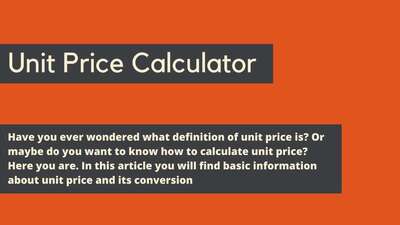




![Car Loan Calculator: Definition, Formula, Examples, and FAQs [2023 Guide]](/images/page/400/car-loan-calculator-13.jpg)
